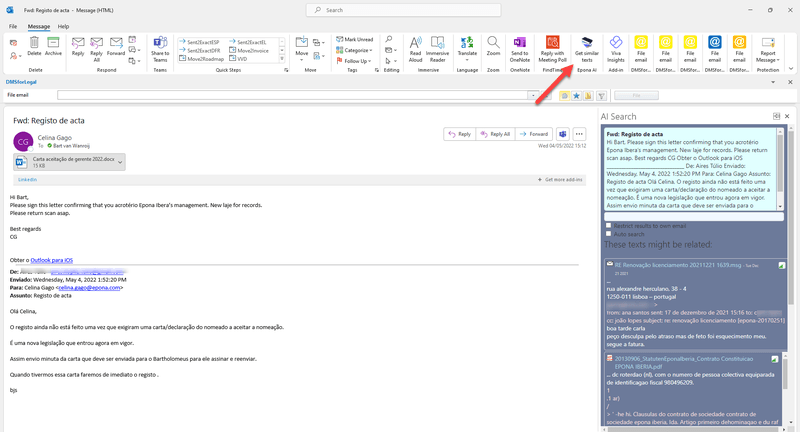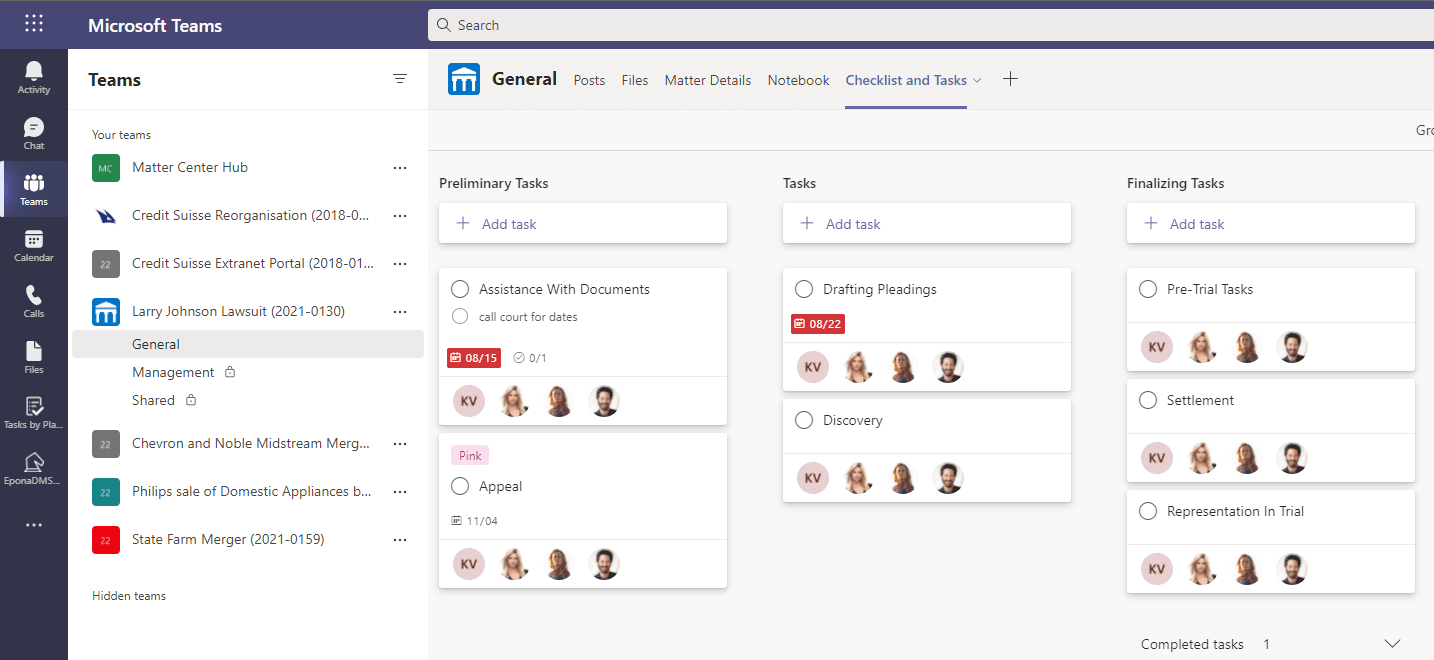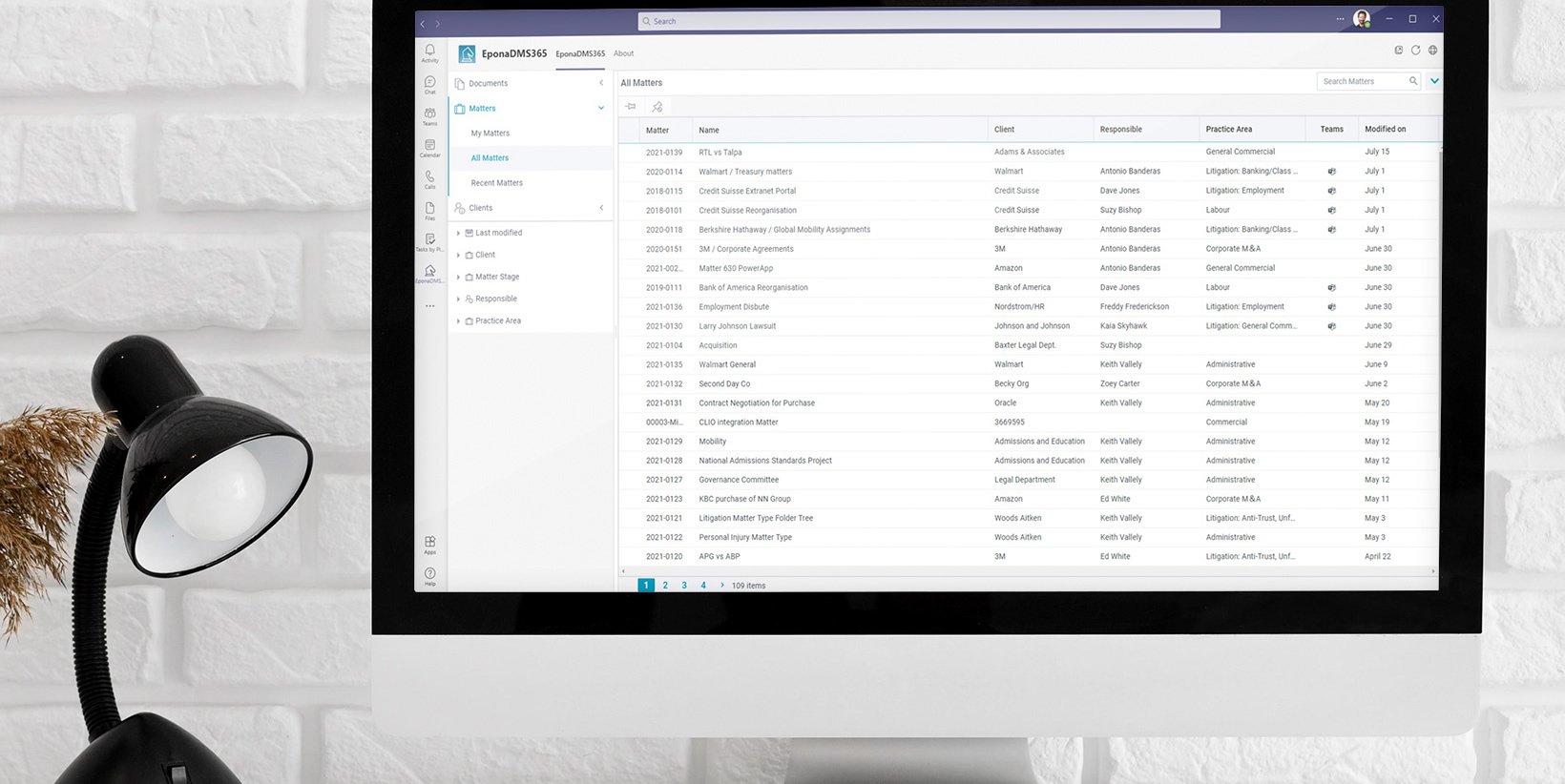Improve search and save work time
By: Albert Jan Wonnink – Epona Legal
New technological possibilities change the way companies organize their internal information. Not too long ago these systems consisted of stacks of papers, placed in labeled folders and stored in metal filing cabinets. Today, our cabinets are hard disks or similar hardware for storage. We still use ‘folders’ as containers for documents and their names as the primary way to be able to locate them.
Employees spend up to 2.5 hours a day on non-productive search of information
However, from the viewpoint of an ‘Information Worker’, this concept scales very badly. Even small companies have a great demand for efficient ways to locate information. Studies suggest that, depending on the company and their role, employees spend up to 2.5 hours a day on non-productive search of information.* Not being able to find the relevant information or documents can cause wrong or ill-informed decisions. Although it is difficult to quantify the exact financial losses for an individual company caused by inadequate search functionality, it seems evident that this potential productivity loss should not be overlooked.
What can we do?
As with any storage facility, both physical and digital, the first thing to do is to make it easy to stay organized. People within the organization should know where to store and how to label new e-mails and documents. This is where the Epona DMS product offers a great solution. Epona DMS suggests a storage location based on AI. In most of these cases these suggestions only need to be approved by the user. Any metadata defined on the document will help it to be found later when needed, so Epona is also implementing new AI features that can assist with this.
When using Microsoft 365 as a repository for your documents and e-mail, it allows you to use the powerful built-in search from Microsoft, which covers both the metadata as well as the text content. This also allows your administrator to easily add custom metadata fields relevant to your organization and your specific search needs. The Epona apps will then also show these custom fields in the search panels.

Next generation search
In recent years, AI advancement in natural language processing allow the user to find texts based on the meaning of a given sentence or paragraph, instead of the traditional way of using keyword search. These AI models were trained on large amounts of texts, from sources like Wikipedia. They have thereby obtained an intrinsic knowledge of the meaning of words and sentences, even for different languages. Epona makes use of these AI advancements to implement an associative search mechanism, that helps you to find texts from your DMS that are semantically related to the text you are working on. It can even work in the background and come up with results, without the specific need for you to type in the text to look for.
Our mission
Apart from having a robust and secure system to keep your files easily organized, we are constantly working on improving ways for you to be able to find and retrieve relevant content. For any questions or specific use cases for search, please contact our consultants, as they will be happy to help you.




